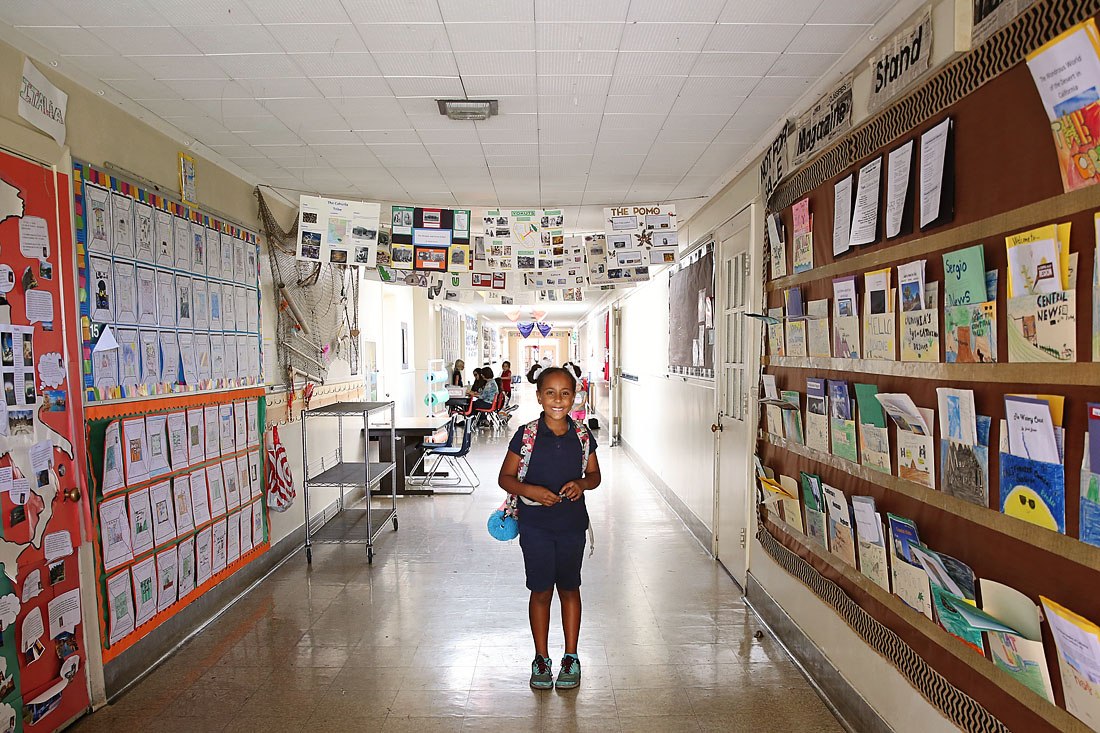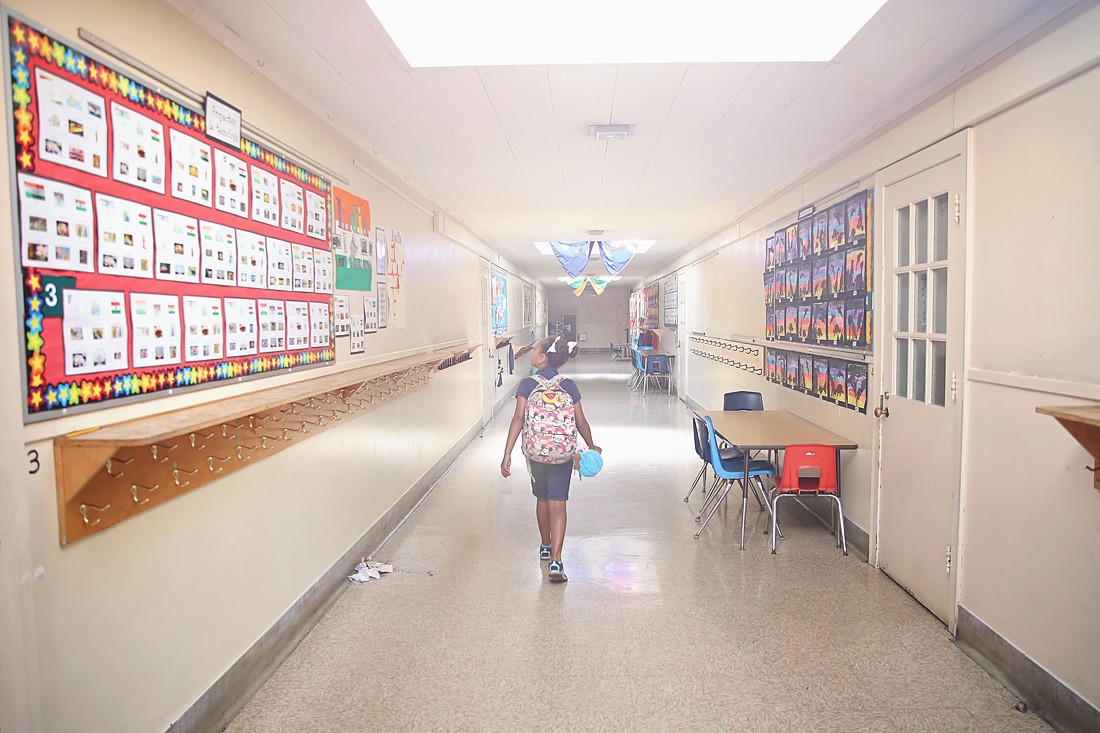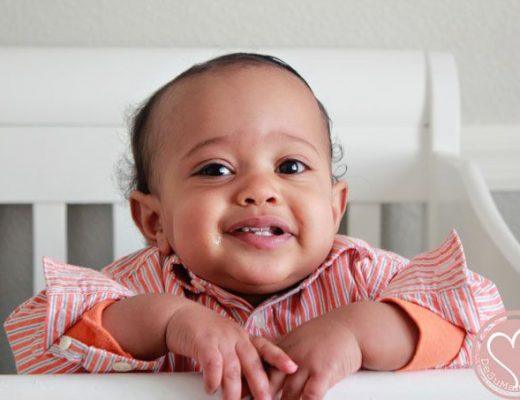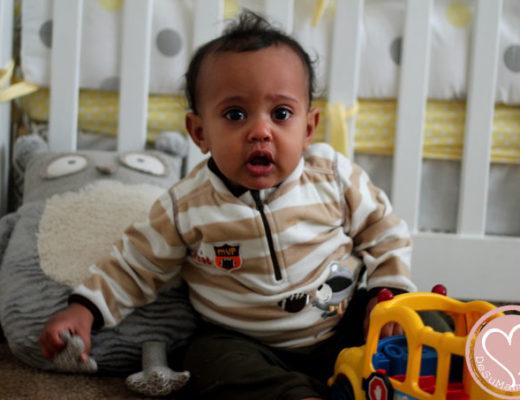I have two kids. If they didn’t come from my womb looking so much alike, I would never guess they’re related. One is determined and struggles with impulse control while the other is calculated and risk-averse. Their personalities are polar opposites, but when it comes to teaching kids about success and failure in life, I want the same for both: happiness. These 8 mantras for kids are imperative to staying focused when my own fears, worries of failure and inadequacies jeopardize my parenting goals.
In 2016 I sat down for lunch at a blogging conference next to Jessica Lahey, author of the New York Times Bestseller The Gift of Failure. We started chatting about her research and I shared my stress of raising “successful” kids. Recognizing a (helicopter/drone) mom in need of guidance, she handed me a signed copy of her book and, basically, told me to chill out. What a game changer! Little did I know that sitting next to Jessica at lunch would alter my parenting style forever. (If you haven’t read Jessica’s parenting book, I totally recommend The Gift of Failure: How the Best Parents Learn to Let Go So Their Children Can Succeed)
A year later, while in Washington DC for our annual #TalkEarly Summit, Jessica and I crossed paths again when she delivered a talk on helping kids manage stress while maintaining a loving relationship of trust. So with back to school officially underway, I’m excited to partner with Responsibility.org for this sponsored post to explore the scary f-words that can undermine their success and a few words of encouragement for our kids to confront it.
How Moms Teach About Failure in Life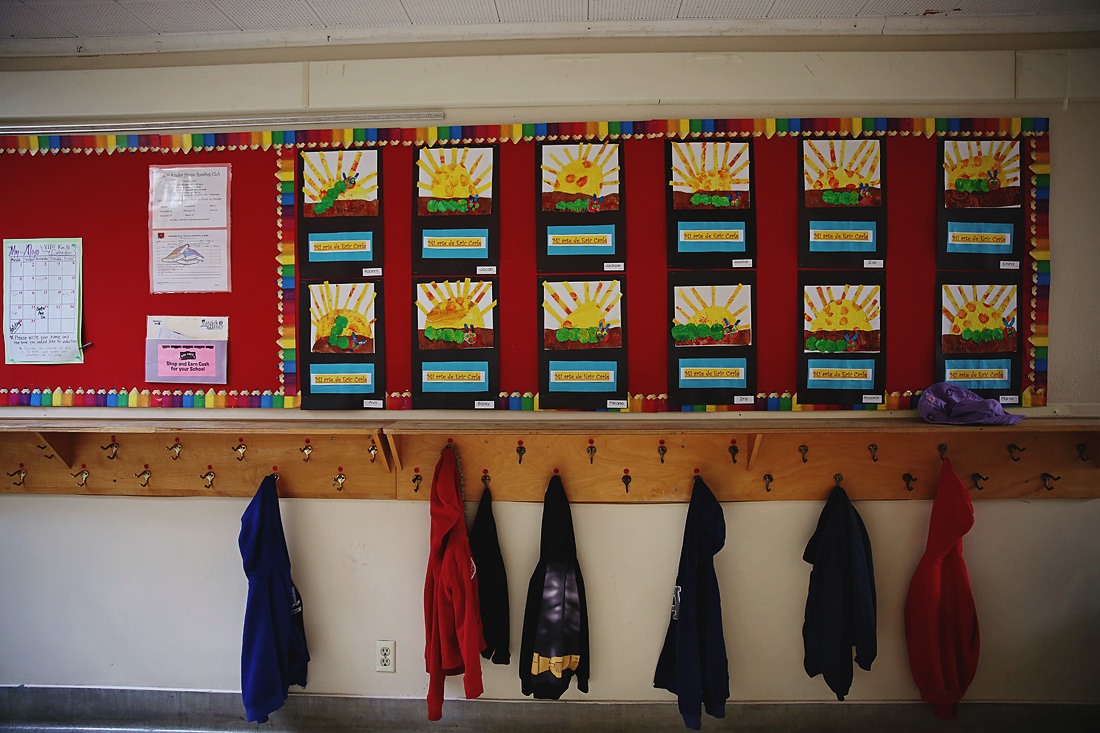 Mantras for Kids
Mantras for Kids
Mantras are great because they’re easy to remember and evoke a thought, focus or desire. I see mantras for kids as family slogans, artfully and quickly projecting our values into the kids’ existence. I love my babies – faults and all – and want to give them tools to “speak their greatness” into the world!
These words of encouragement for kids help to identify and confront failure so that growth and success can follow. I lean on them anytime my parenting falls off the rails and when I get caught up in values which are not ours to claim or when I get super controlling/protective. (I’m looking at my fellow Latina moms here!)
Fear of failure won’t stop me: Especially for my risk-adverse child, learning the difference between f-words (fear and failure) gives her the confidence to step out of her comfort zone. She thinks this mantra before she raises her hand in class, before striking a ball towards the net, or when standing up to bullies.
What would failure look like here? It’s important that each of us define failure. What does failure mean to you? What does failure look like in this situation? What’s true for you won’t necessarily be true for your child and to find their intrinsic motivation, your child should learn how to define failure on their own terms.
Progress, not perfection: Feeling like a failure is arduous, but the feeling of mastering a new skill is the best motivator for success. Jessica says in her book, “Competence is the anchor for intrinsic motivation. Intristic motivation happens best when kids are engaged for the thing itself – not what we are dangling in front of them.”
I can manage my life efficiently: Managing expectations, time and resources is a skill I want my kids to master as they grow into adulthood. We practice this a TON in the morning while getting ready for school by talking through their daily tasks, goals and expectations. Managing a successful life takes confidence, delayed gratification, and resilience that comes with plenty of effort and failure. I guess because I suffer from overwhelm and anxiety, raising kids that can tap into their resilience when faced with the weight of oppressive failure is important to me.
I control my behavior: For my impulsive child, affirming control over his behavior helps set him up for a day of success. In addition, I often tell him that “excuse and blame don’t live in this house.” We make mistakes – that’s okay – but we learn from them too. Self-awareness is reliant on being honest with our shortcomings. Growth occurs when we can learn from them. Making excuses and casting blame only prevent that growth.
Related: 100 Would You Rather Questions for Kids
The Opposite of Failure
I can feel my brain growing: Like growing pains in your legs, your brain grows when you’re learning new things… and it can hurt! Helping our children to visualize a growing brain helps them to detach from the societal pressures of failure. I did a deep dive into research and wrote all about how I’m setting out to raise motivated mindsets with this post on Growth Mindset for Kids.
The opposite of failure is trying again: Positive risk-taking is necessary to achieve any kind of success. Great rewards usually take all your heat and a healthy amount of risk, from lifelong marriages to a thriving business. So if you’re totally crippled by the weight of risk, you’ll likely miss out on that [fill in the blank].
My family loves me no matter what: Dealing with failure isn’t easy, even for emotionally-healthy adults. Kids should know, above all else, that they’re loved and supported simply by being themselves. I see our unconditional love as the foundation for our kids to grow on. That foundation is stable and unwavering, but it’s up to them to build upwards and onward from there.
The Gift of Failure
Next time I see Jessica, I’ll give her a big hug and thank her for teaching me that failure is good. I don’t have to (nor should I) protect my children from it. Failure is truly a gift for our children.
By encouraging our kids to learn ways to manage stress, combat the negative voices in their heads and identifying what motivates them, we are telling them that the greatest failure in life is not that scary afterall.

